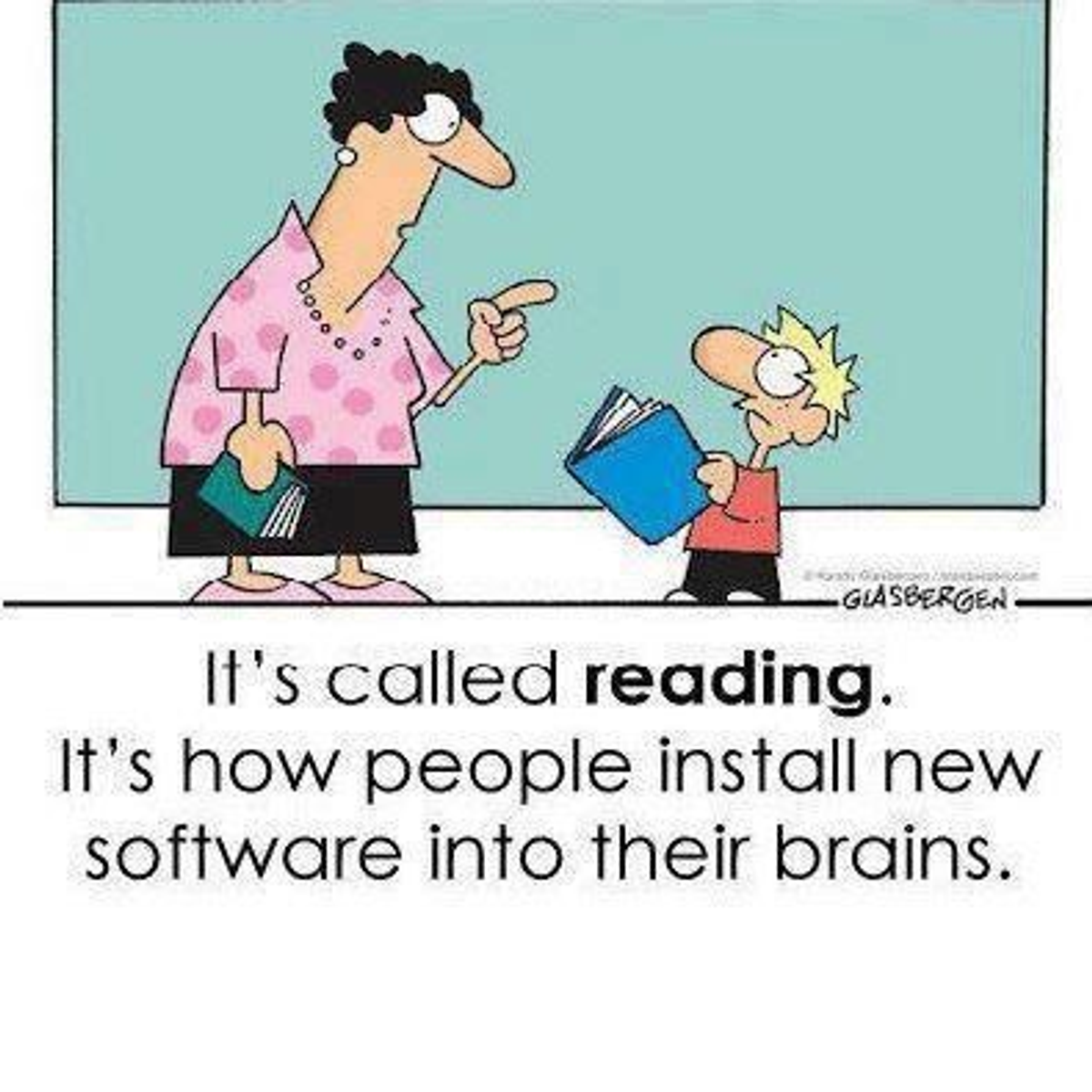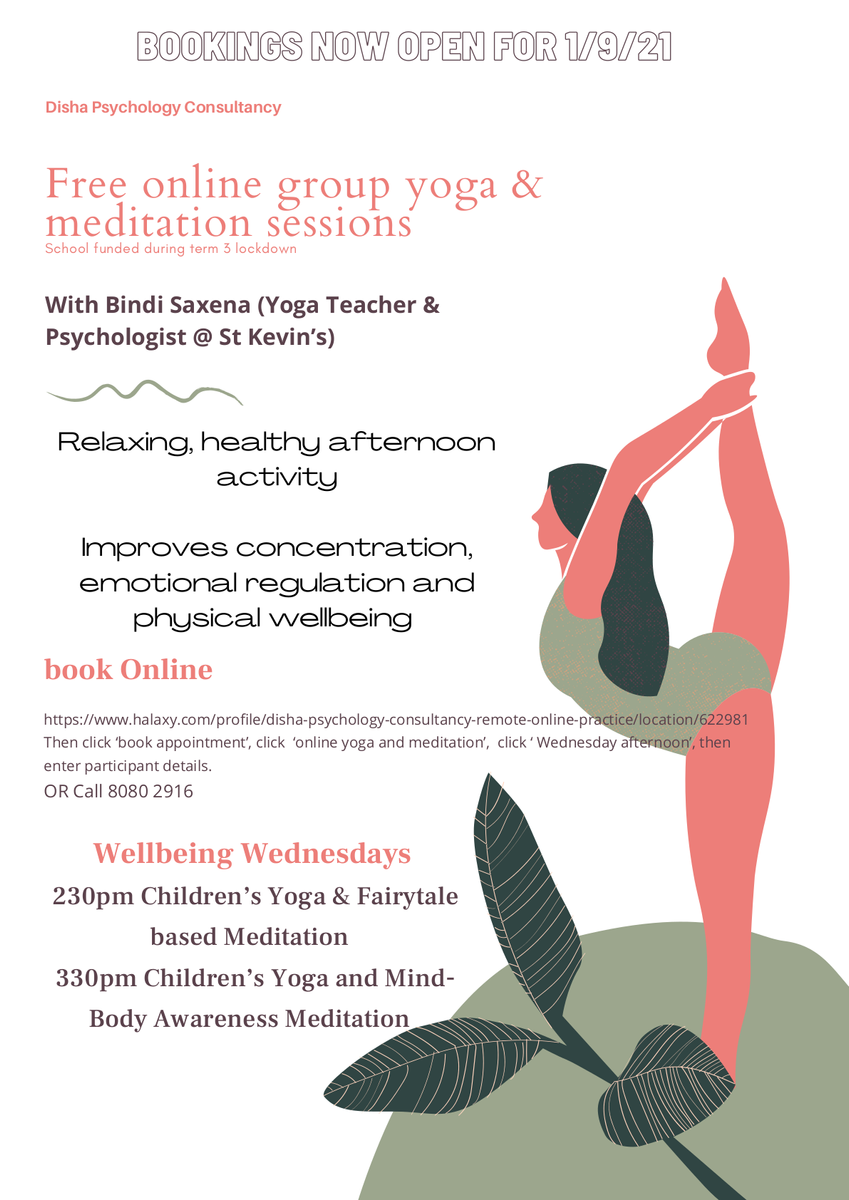Wellbeing/Curriculum News

Literacy News…
Dear Parents,
I am imagining that after seven weeks of home learning you may be feeling a little disillusioned that you may not have been able to do enough to support your child with their reading. Let me assure you though, that you DO make a difference to your child’s reading journey, even if you do not spend a lot of time reading or listening to them read. Please remember that your role as an advocate for your child’s reading success cannot be overestimated. It has a direct impact on the ease and confidence with which they pursue their reading and writing.
It is the joy and love of sharing a good book on a nightly basis that sets the foundation for their reading success, and ensures that reading is given the priority it deserves. Reading regularly with someone who cares is the inspiration that all readers deserve.
As parents and carers, you create the home context for reading and set the tone for how reading is valued. Fear, anxiety, stress and humiliation have no place in the reading experience. The ‘payoff’ for reading together has to be worth coming back to night after night after night. When reading together is the best time of your children’s day and the best time of your day, it is worth turning up. The right book infused with fun, laughter, and love goes a long way in creating life-long readers who in thirty years’ time, recall with joy, being snuggled on the lounge with you and their favourite book.
Four strategies every parent needs to know
The following strategies work for young children through to adults. The only difference is the book choice of the reader. These strategies are useful when children choose books beyond their instructional levels. They choose books they want to read but as yet, cannot read them independently.
These strategies are not hierarchical. They all offer layers of support to give the reader access to the book of his/her choice. Remember, the reader always holds the book.
Echo reading
Echo reading is simply, the parent reads a sentence, paragraph or page (depending on the text) and the child repeats it back. Before starting, negotiate with the child to read a sentence, paragraph or page. The parent reads first. The child re-reads (echoes) the sentence, paragraph or page. Continue in this way to complete the book.
Echo reading eliminates the frustration and anxiety that is too often associated with reading aloud. It often happens that once the child becomes confident with the book, author’s style, and language, he or she does not stop for the parent to take a turn — ultimately, that is the goal — independence. If it does not happen that the child takes over, echo reading is effective. By ‘echoing’ your reading, the child has an opportunity to sound like a fluent reader. This is important in building a child’s sense of what it feels like and sounds like to be a good reader. The child feels confident, relaxed and enjoys the experience. It is about comprehension and having fun with a good book. During echo reading, parents model good reading. When parents miscue, they share the experience. This allows the child to see that all readers make miscues and self-correct.
Shared reading
With shared reading, the parent reads, the child reads. They take turns to read. The parent negotiates with the child to read a sentence, paragraph or page depending on the book. When the parent reads, any loss of meaning, misunderstandings or mispronunciations that have been made by the child are rectified without drawing attention to the child’s errors. When the child comes to unfamiliar words, he/she will hear it read correctly by the parent and will automatically self-correct the next time the word appears.
Shared reading ensures that comprehension is maintained. Shared reading eliminates the frustration of reading because the parent is a partner in the reading of the selected text.
Neurological Impress Method (NIM)
The child reads aloud ‘mimicking’ the words of the text as the parent reads aloud. The child reads a couple of words behind the parent. The parent tracks with a finger so the child can keep up. It is important to avoid word pointing – instead, the parent’s finger moves across the line in a fluid movement. The only reason the parent tracks is because children get distracted and when they drop back into the reading, they know where the parent is reading. The parent reads at a normal reading pace. When the child looks away from the book, the parent does not stop reading. Continue with enthusiasm and the child will return to the book. When using NIM, the child has an opportunity to sound like a fluent reader. This is important in building a child’s sense of what it feels like and sounds like to be a good reader. The child sounds like a fluent reader and builds confidence and trust. There is no stress and angst.
Paired reading
Paired reading is an effective support for readers who ignore punctuation, read in a monotone, and/or extremely quickly or slowly. It is also a good strategy when children choose to read their favourite book for the 55th time. Just read it together and love it one more time. Paired reading is simply reading together at the same pace and in the same place. The parent reads in a normal reading voice. It usually takes a couple of sentences for both readers to fall into sync. It is like dancing with a partner and it might feel a little awkward until a common rhythm and rhyme are reached. The child holds the book, turns the pages and enjoys the time together.
Go on, have a go. Sit and read a book with your child and remember to make it enjoyable and fun. Please feel free to share your stories with me. If you have any further questions, please don’t hesitate to ask.
Kind regards,
Eva Tomazos
Literacy Leader
etomazos@sktemplestowelr.catholic.edu.au
MESSAGE FROM MR MULLAVEY - CYBER SAFETY
This week we showed the senior students an online safety webinar on how to be Cyber Safe when gaming online and using social media. It was really good and practical and I thought it might be a good idea to include it in our newsletter - especially leading into the school holidays when the students may be online gaming more frequently.
The video goes for 20 mins and is from a company called: ySafe
The link is: https://www.youtube.com/watch?v=WXG5gv1ukWI
Cheers
Jarrod
St Kevin’s Family Lockdown Olympics
The suggested activities below are all optional and alternatives can be used for any food intolerances or items you do not have around your house.
You can choose to do one, do some, do them all...just have fun!
If you feel like it, take a video and share it with us.
Not my hands ice cream challenge
| Indoor bowling
| Straight arm water bottle challenge
| Games Night Marathon
|
Bobbing donut challenge
| Head bouncing a balloon
| Basketball shootout (switch out the basketball for any type of ball - football, soccer ball, netball)
| Musical Chairs
|
What we hope your family might get out of these challenges
- Create memories with your children
- Have more fun together as a family
- Create stronger family bonds
- Make the most out of the time we have in lockdown
- Laugh
Some useful links to support wellbeing during this time
50 Quick ideas to promote positive connections at home
Quick guide to parent and carer mental health and wellbeing resources
10 ways to get through the tough times (for children and adults)
Non screen activities for kids
This great website has 6 printable activity sheets for screen free activities.
Wellbeing with Melbourne Football Club
Melbourne Football club has partnered with the department to produce a series of videos to help support student wellbeing. They feature both AFL and AFLW players and provide tips on resilience, managing stress and anxiety, gratitude and staying active.
Health and wellbeing advice for students
This webpage provides students with links to current supports, health advice and organisations which provide mental health and wellbeing support.
How mindfulness can help during Coronavirus
Coping with coronavirus anxiety
A variety of information sheets from the Australian Psychological Society, including managing lockdown fatigue.
If things are getting too much, or you’re worried about someone, you can access external help through:
- eheadspace - provides free online and telephone support and counselling to young people 12-25 and their families and friends.
- Kids Helpline - provides a number of resources for young people and their parents and carers as well as counselling through phone, email or WebChat.
- Lifeline - provides 24 hour crisis support and suicide prevention services.
- Beyond Blue - their immediate support service offers one-on-one calls with a trained mental health professional.
- provides advice on getting a mental health care plan and next steps
ANOTHER USEFUL WEBINAR
This webinar was run by RCH. Supporting children during lockdown:webinar for families and carers.
The speakers are Paediatrician Dr Billy Garvey and Tom Brunzell (Berry Street).
https://www.youtube.com/watch?v=DsTDjmKzANE







